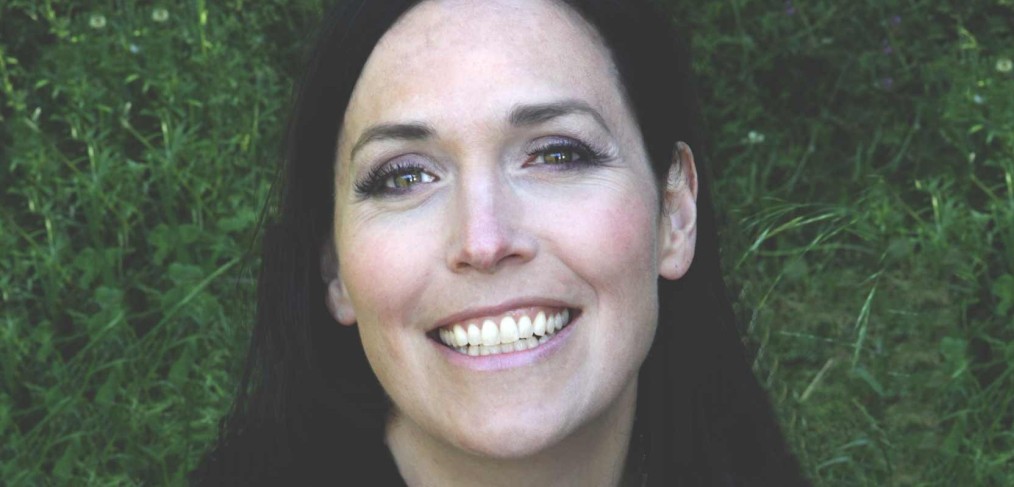I had always been a slender and active kid, never giving a second thought to my weight until puberty, when I suddenly realized I became fat. At age 14, I tried various diets. One high fibre and low fat diet worked well for me—so long as I stayed on it.
At age 17, I found a life-changing book called Thin Within. It was my first exposure to what I term intuitive hunger eating principles: eat when you’re hungry, eat exactly what you want, do so with presence and intent, and stop as soon as the hunger goes away. The book also explained that if you eat outside of intuitive hunger signals, you are likely eating for emotional reasons. It was as though a light had been switched on for me. (It had already occurred to me that if diets were so great, why did people gain weight back? I wondered why some people manage a “good” weight their whole lives yet eat whatever they want? It occurred to me that if people eat a lot but get hungry again, haven’t they burned off all the calories?) The intuitive eating philosophy ultimately led me to ask myself why I was turning to food, which sparked a healing journey in me that continues to this day.
A few months later, I had some bad experiences with my mum’s boyfriend. I felt unsafe around him, and unheard and unsupported at home. Anxiety and confusion overwhelmed me. My body, unprotected by fat, felt too unsafe. I literally could not stop eating, and over the following weeks my weight climbed from 120 to 180 pounds. I remember not recognizing my reflection once, in a mall mirror . Thick red stretch marks stared back at me unapologetically from all over my body. My family judged me and made verbal swipes. Intuitive hunger eating seemed beyond my control. I felt humiliated and unworthy. I see now that I was trying to protect and care for myself through the weight.
When I left home things got easier. With the help of therapy, I gained significant insight into my personal and family history, and what the weight was voicing for me. I lost much of the weight. But my size would still fluctuate a bit based on the love and security I was feeling at any point in my life. Food was my “go-to” for warmth and stability.





